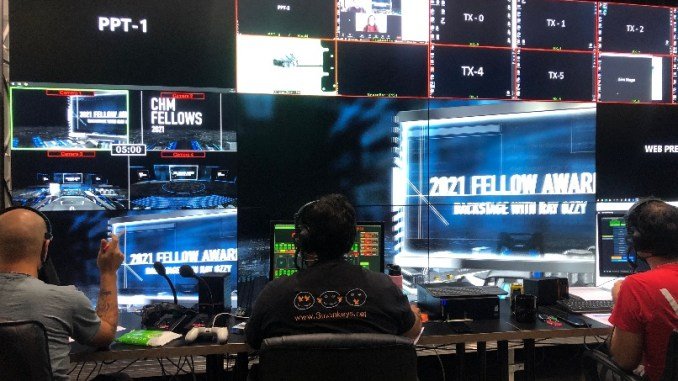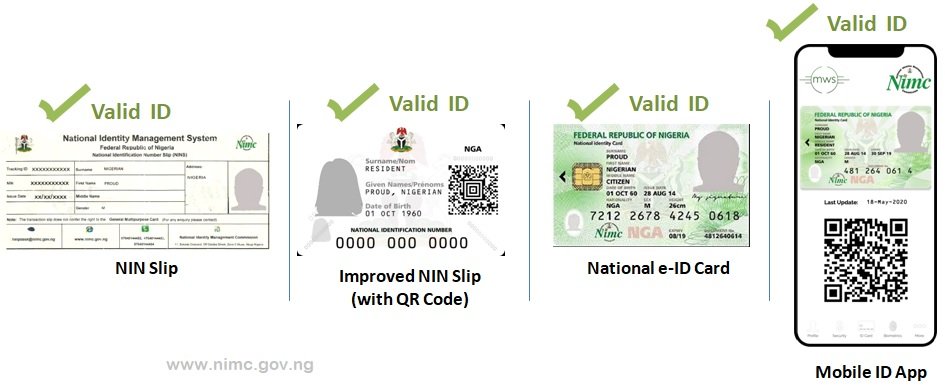Computer Application Areas (Unit Three).

Here are the 7 computer application areas below:
- Computer application in law enforcement.
- Computer application in health.
- Computer application in military/defence.
- Computer application in education.
- Computer application in communication.
- Computer application in government.
- Disadvantages of computer (computer crime).
INTRODUCTION.
Today computers are used in almost every work of life. In health, law enforcement, education, communication, industry, military, government, politics, agriculture, religion, business, entertainment, etc.
In fact, it is virtually impossible to imagine any sphere of human endeavour where computers are not in use directly or indirectly. Some of the areas where computers are employed in everyday life are explained below: while some of the applications are very widespread, e.g record keeping and word processing, others are currently undergoing major expansions and development, e.g communication and artificial intelligence.
Computer In Law Enforcement – the enforcement of law and order depends to an extent on the availability of up-to-date information. Police forces make extensive use of the information retrieval capability of computer systems for its purpose. Files arr maintained concerning accidents, vehicles owners, stolen vehicles, finher prints, criminals, wanted missing persons and stolen properties, etc. In United States of America for examples, law enforcement has a very sophisticated national computer network. Police in all regions can operate its network so that response to enquiries can be immediate relevant information about criminals can be obtained immediately down. This type of network can be linked together, e.g. Through interpol, for fast world-wide investigation of cases of informational significance. This allows police officers to notify or send information more quickly. A lot of softwares are already available for police use, these include: Crime Analysis Support System and PROMIS.
Lawyers and Judges – lawyers and judges also use computers for record keeping purposes (e.g arrests records) and preparation of crime reports and brief. Forensic scientists (scientists who prepare court reports or cases) now solve crimes once considered unsolvable. A forensic team usually consists of a pathologist who performs autopsy to determine cause of disease, a serologist who studies body fluids left at the scene of a crime, a deontologist who identifies bite marks, a forensic anthropologist who identifies skeletal remains and experts who specialise in finger prints and voice prints. Computer can identify traces of substance (each as a drug) in the organ of body, even when the trace is as small as a million of grains.
THANK YOU FOR READING THIS ARTICLE.








